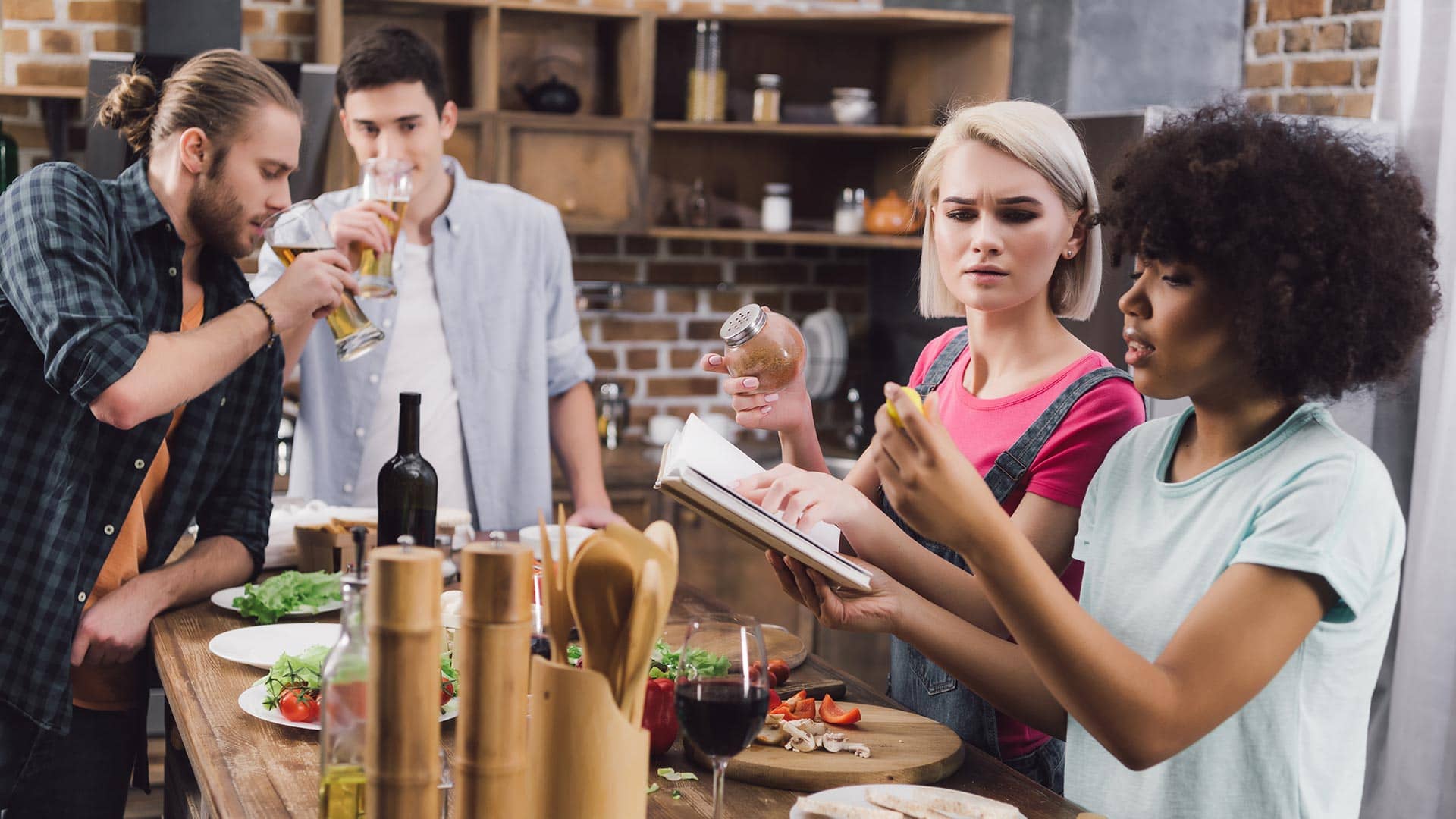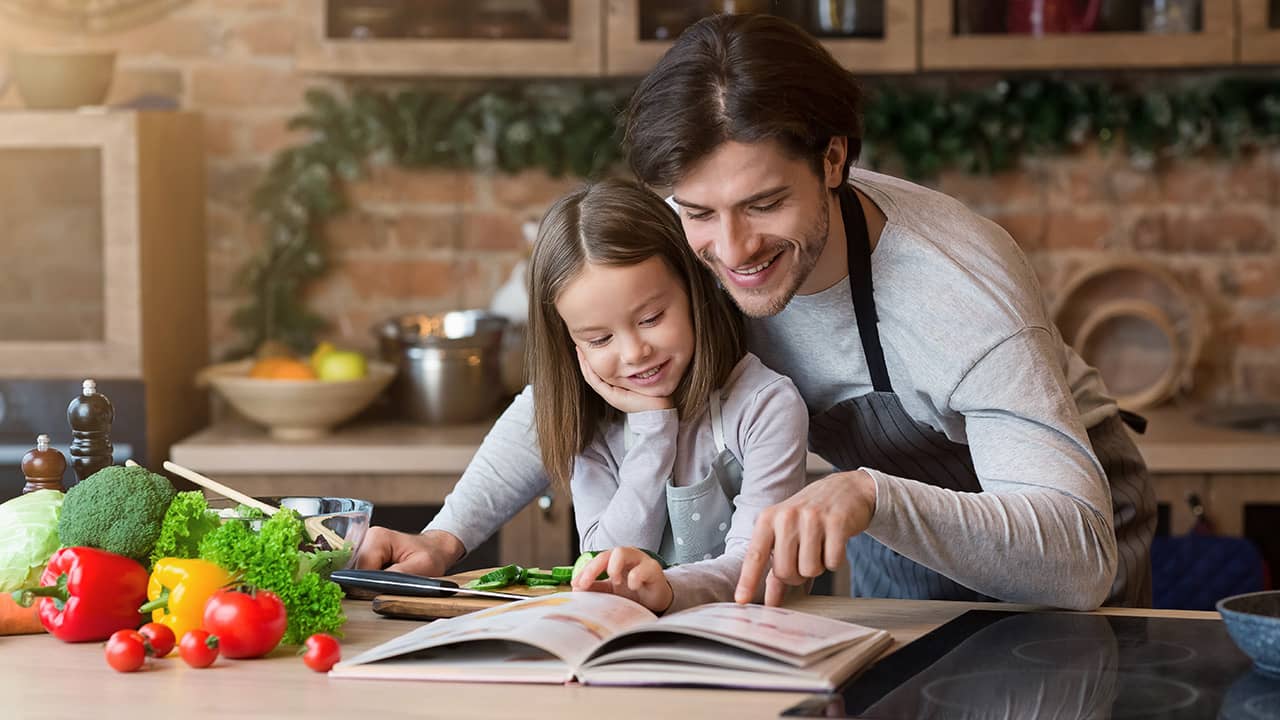The international cookbook market is picking up speed again after the boom in 2016/2017 and the subsequent dip in 2018. For publishers, it is all about accompanying the current social change, which is also reflected in lifestyle and nutrition topics. In this environment – additionally promoted by the Corona pandemic, during which people are increasingly eating at home – cookbooks are far more than just a collection of recipes between two book covers. Rather, they are a source of inspiration for sustainable and healthy living.
Nutrition that is good for people and at the same time protects the earth is also a major topic on the international book market this year. This is a good thing, because the culinary segment has lacked a clear trend in recent years, following the boom phase for vegan food.
In the wake of the climate debate, a new vegan-vegetarian wave is rolling over the cookbook market – albeit under different auspices and with different authors. The level of new publications in Germany, for example, has returned to the level of around 1700 new publications before the boom six years ago.

Cookbooks range from simple kitchen guides to collectible or coffee-table books.
Accompanying social change
Many young people who get involved rethink their everyday lives, give up meat and carry these impulses into their families. This calls for good cookbooks and guidebooks that are above all suitable for everyday use. For publishers, this is about accompanying the social change that is also reflected in lifestyle and nutrition topics. "Cooking is reinventing itself right now. Consumers want to live and eat more consciously – and that's exactly why they need good guidance," emphasizes Hanni Rützler, nutritionist and expert on food trends.
In the course of the Corona crisis in addition, topics such as “regionality”, “self-making” and “preservation of food” move again into the focus, are convinced the publisher Hubert Krenn, which markets cook books and counsellors for many years very successfully.
The cookbook as Collector's Edition
In the current environment, publishers have the opportunity to further differentiate the above-mentioned topics and thus address the most diverse target groups. Green cuisine has long since arrived in the mainstream. Stefanie Neuhart, program manager of Kochen & Geniessen at Brandstätter, Vienna & Munich, also sees it that way. The publisher's longsellers include, for example, Katharina Seiser's cookbook "Immer schon vegan" from 2015, which has taken a second upswing in 2019.
The publisher celebrated the 25,000 copies sold with a "Golden Edition" with a yellow color cut, ribbon bookmark, recipe postcard, cloth bag and a limited edition of 999 signed and numbered copies. The cookbook as a "Collector's Edition" as in the art book market – a clever marketing idea.
With or without meat. At any rate, cookbooks are currently generating encouraging sales. That's good news for a segment that went through a difficult year in 2018.
The low price segment in particular suffered. "For our program, the following applies more than ever: we don't have to follow every trend in cookbook development, but rather design our cookbooks with great attention to detail," Stefanie Neuhart summarizes Brandstätter's strategy.
Food blogs influence the market
Another point that has a positive impact on the cookbook market is bloggers. Blogs and cookbooks cross-fertilize each other, and passionate bloggers are incredibly book-savvy. The volume of books is certainly due in part to the professionalization of food blogs. "Food blogs have had a huge impact on the market – for example, on topics such as aesthetics. They are catalysts and multipliers, style-forming and enriching," notes Monika Schlitzer, managing director at Dorling Kindersley DK Verlag in Munich.
Publishing houses, which have the correct hand with Blogger cook books, can consider themselves lucky. Above all, if to a good content also still a good cross-linking of the author comes. Among the lucky ones is Bluebird in Great Britain. The publisher was able to win over the two food bloggers Kate Allinson and Kay Featherstone. Their book "Pinch of Nom" has sold over a million copies and was the best-selling book in the UK in 2019.
Publishers are firing each other up
If you look at the development of the cookbook market in recent years, you can see that the quality of the content, photography, graphics and features of cookbooks has steadily increased. Cookbooks offer graphic designers a broad creative field in which to combine special photographs designed by food designers with appealing typography and enticing graphic elements. Today, there are a number of publishers internationally that produce cookbooks of the highest quality and with great attention to detail. These publishers are firing each other up – although this also comes at a price.
For production managers, this is no easy feat, balancing design demands with production budgets. The desire for unusual materials, binding methods and special finishes is increasing. This is particularly important for cookbooks in order to convey a sensual theme appropriately. The basis for sophisticated production is laid throughout the entire process chain in prepress. In order to convey the topic of sustainability on a haptic level, uncoated papers are increasingly being used. With an appropriate volume, such papers also give the books a certain body.

Consumers want to live and eat more consciously – and that's exactly why they need good guidance.
Wide spectrum
The decision in favor of certain features naturally depends heavily on the price segment and the target group. The spectrum ranges from simple kitchen guides to collector's or coffee-table books. Particularly in the case of high-quality cookbooks, European publishers also like to use local production partners.
At the same time, publishers are moving away from placing individual orders and are instead combining several books into monthly packages in order to exploit economies of scale in production. Such scenarios also lend themselves to licensed productions, among other things. If this is taken into account at the conception and design stage, language changes can be managed very easily and unit costs reduced.
Cookbooks as storytellers
The future of the market lies in carefully edited cookbooks with character that are more than just collections of recipes. Books that tell stories, emotionalize and open up worlds for their readers. The cookbook market has never been more colorful and diverse, but above all, the demand for quality and originality has risen enormously.
Printers and bookbinders are challenged to adapt to this development – the right tools for production are certainly available.